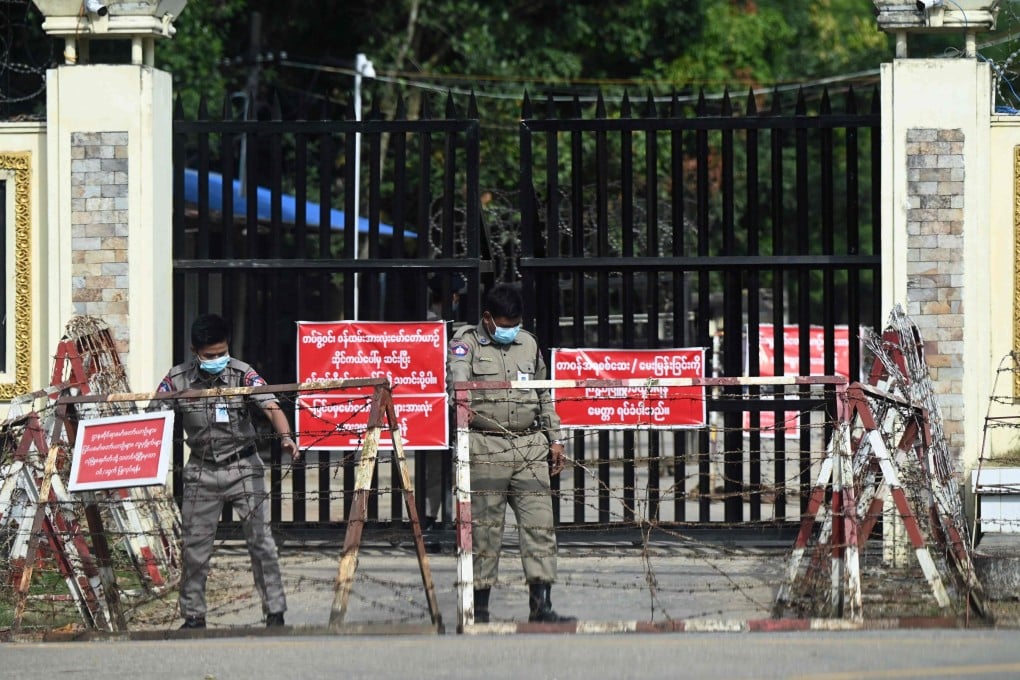Advertisement
Did Myanmar release 4 foreign prisoners as ‘tactic’ to ease pressure from Asean?
- Myanmar’s release of thousands of prisoners, including four foreigners, has been called ‘disingenuous’ by a former government adviser
- It comes as Indonesia, the new chair of the Association of Southeast Asian Nations, signalled it will take a harder line against the junta
Reading Time:4 minutes
Why you can trust SCMP

Myanmar’s recent mass release of prisoners is aimed at relieving growing regional and global pressure, analysts say, especially amid concerns that Indonesia might take tougher measures against the junta as the new chair of Asean.
The military government on November 17 released nearly 6,000 prisoners, including several foreign nationals, as part of a broader amnesty to mark Myanmar’s National Day, according to the country’s state-run media.
Among the foreigners set free was Australian academic Sean Turnell, who was an adviser to Myanmar’s civilian leader Aung San Suu Kyi, as well as Japanese filmmaker Toru Kubota, ex-British diplomat Vicky Bowman and American Kyaw Htay Oo. Their imprisonment caused friction between Myanmar and the respective countries.
Advertisement
The pardons came amid a flurry of diplomatic gatherings in Asia that Myanmar’s military leaders were barred from attending.
Last week, world and regional leaders met in Phnom Penh during the Asean Summit, the G20 meetings in Bali and the Apec summit in Bangkok.
Advertisement
Philipp Annawitt, who served as an adviser to Myanmar’s parliament and government from 2015 to 2021, said the prisoner release was a “symbolic but disingenuous conciliatory move by the junta designed entirely to relieve international pressure from the regime in the short term”.
Advertisement
Select Voice
Choose your listening speed
Get through articles 2x faster
1.25x
250 WPM
Slow
Average
Fast
1.25x